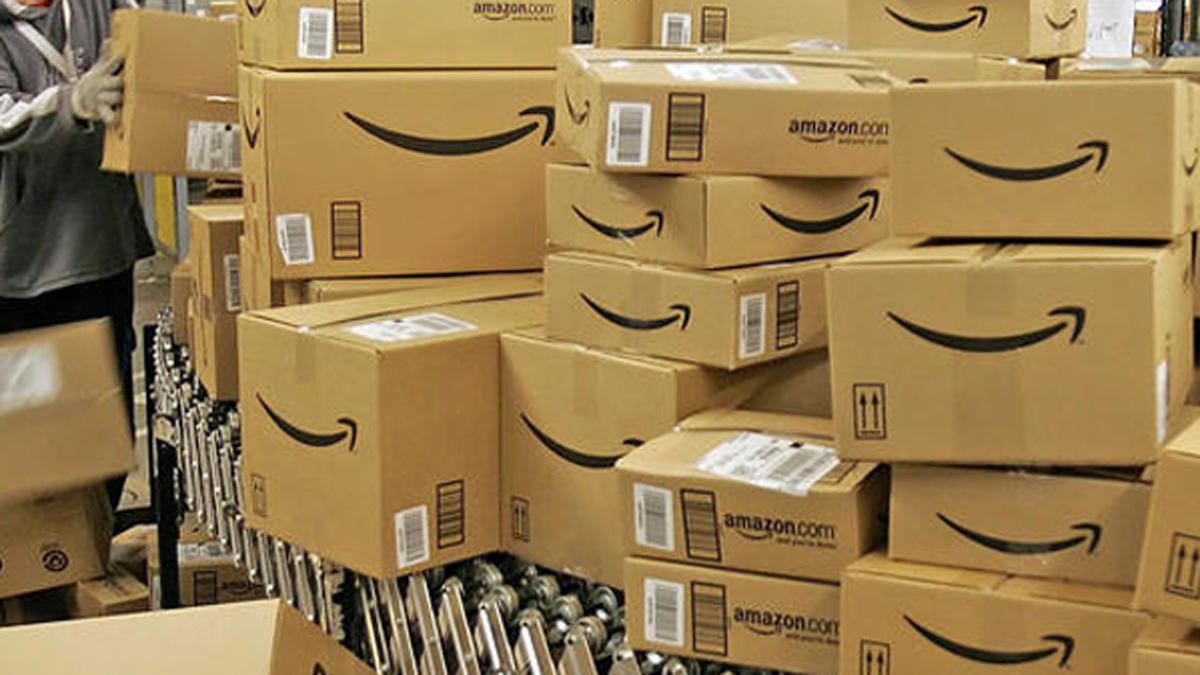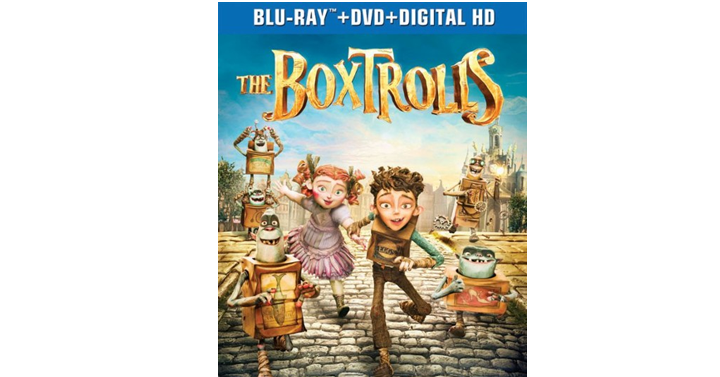
Amazon reviews have become a source of information and research for many consumers over the years. Feedback from other consumers can come in incredibly useful when making large and small purchases alike. As the largest online retailer in the world right now, Amazon has amassed a huge collection of customer reviews on millions of products.
So, if you’re ready to make an informed decision about an upcoming purchase, it would seem as though Amazon was the place to be, right? Unfortunately, all reviews on this online retail giant may not be completely unbiased.
The majority of Amazon reviews that you read are most likely legitimate and from average consumers such as yourself. However, some Amazon sellers have turned to compensated reviews or incentivized reviews to inflate star ratings, which ultimately garner more purchases from consumers trusting all of those 5-star ratings.
What are Incentivized Amazon Reviews?
Unlike compensated reviews, in which sellers basically buy good reviews, incentivized reviews on Amazon have never been prohibited. Instead of flat out paying for reviews, Amazon has allowed sellers to offer products for free or at a discounted price in exchange for an honest review. Reviewers received the product, tested it, and left a review.
Incentivized Amazon reviews, in theory, should be somewhat more accurate than compensated reviews. After all, customers actually received and used the product they were reviewing. They were also encouraged by Amazon to leave honest reviews. They were also required to include a disclosure stating that they received the product at a discount in exchange for the review.
Are Incentivized Reviews Accurate?
Although incentivized reviews were likely a lot more accurate and honest than paid reviews, for the most part, getting a product for free or cheap does have a way of skewing one’s perception of it. Technically, reviewers were supposed to be completely honest, but let’s face it—that probably didn’t always happen. Over the years, Amazon shoppers have grown to distrust incentivized reviews, and probably for good reason.
Receiving a product for free or cheap makes one a lot less likely to leave a poor review, even on a product that deserved a 1 or 2 star review. Even if a reviewer wanted to leave a lower rating, many Amazon sellers required reviewers to contact them if they were unable to leave a 4 or 5 star review. This was supposedly to allow the seller to resolve any issues a reviewer might have. However, it also makes it a much bigger hassle to leave a true honest review, and most reviewers would likely skip this and just leave a 4 star review. If a reviewer did contact a seller and an issue could not be resolved enough to warrant a higher rating and good review, a reviewer may even be asked to simply not leave a review at all instead of leaving a poor review.
Finally, common sense would tell you that incentivized reviews are likely to be at least a little biased. After all, who wouldn’t feel a little bad leaving a low rating and a poor review on a product that was basically just given to them?
A recent study has shown that there’s probably a lot of truth to this line of thinking. ReviewMeta looked at over 7 million Amazon reviews and found something very interesting According to the study, reviews containing a disclosure as an incentivized review typically rated products slightly higher than reviews without this disclosure. Also, incentivized reviewers are much less likely to leave 1 star ratings and critical reviews. Even with an average 0.38 star difference, these slightly higher reviews can really bump a product into a higher percentile and create the illusion of a much higher quality product.
Amazon Bans Incentivized Reviews
At the beginning of this month, October 2016, Amazon officially updated the community guidelines and banned incentivized reviews. This will hopefully cut down on biased reviews and give customers more helpful feedback to make better informed decisions.
So, are incentivized Amazon reviews a thing of the past? Not quite…
Amazon is still allowing incentivized review from the Amazon Vine program. This program is Amazon’s own in-house incentivized review program for new and pre-release products. While they are till technically incentivized reviews, ratings and reviews through the mazon Vine program are considered to be more unbiased.
Not just anyone can write incentivized reviews for Amazon Vine. It is an invitation only program, and reviewers are selected based on several criteria, including the “helpfulness” of their reviews and the number of reviews they have written. Vine reviewers are strongly encouraged to write honest and unbiased reviews, and there is much less pressure to give 4 and 5 start ratings or write glowing reviews.






